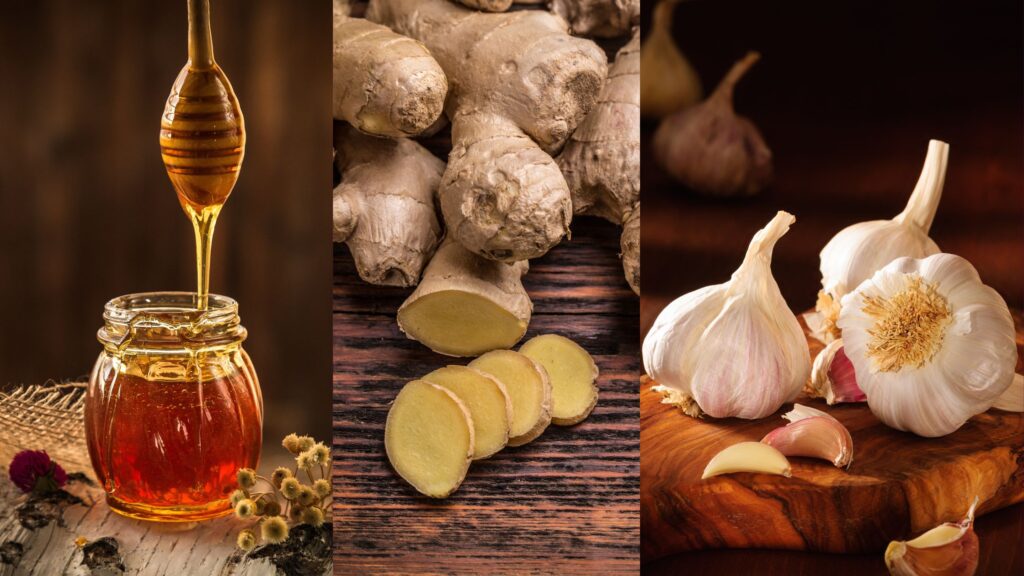A persistent cough from a cold can be a frustrating and disruptive experience. While most coughs eventually subside on their own, there are steps you can take to find relief and soothe the irritation. This article explores various strategies to help you stop a nagging cough from a cold, including natural remedies, over-the-counter medications, and lifestyle changes.
How do you stop a nagging cough from a cold?
To stop a nagging cough from a cold, you can try a combination of natural remedies, over-the-counter medications, and lifestyle changes. Natural remedies include honey, ginger, garlic, steam inhalation, and saltwater gargles. Over-the-counter medications include cough suppressants, expectorants, and menthol. Lifestyle changes include rest, hydration, using a humidifier, avoiding irritants, and elevating your head while sleeping.
Understanding Colds and Coughs:
A cold is a common viral infection that affects the upper respiratory tract, including the nose, throat, and sinuses. Colds are highly contagious and typically spread through contact with infected individuals or contaminated surfaces. The most common symptoms of a cold include a runny or stuffy nose, sore throat, cough, sneezing, and mild fever.
A cough is a reflex that helps clear the airways of irritants, including mucus, dust, and allergens. During a cold, the cough reflex is often triggered by inflammation and irritation in the airways. While coughing can help expel mucus and debris, a persistent cough can become tiring and disruptive.
Natural Remedies for a Nagging Cough:

- Honey: Honey has soothing and antibacterial properties that can help calm a cough and soothe a sore throat. A teaspoon of honey can be taken directly or added to warm water or tea.
- Ginger: Ginger has anti-inflammatory properties and can help loosen mucus. Ginger tea or adding ginger to your meals can offer relief.
- Garlic: Garlic has antimicrobial and antiviral properties. Adding garlic to your meals or taking garlic supplements may help fight off infections that cause coughs.
- Steam inhalation: Inhaling steam can help loosen mucus and clear the airways. Adding essential oils like eucalyptus or peppermint to the steam can further enhance its effectiveness.
- Saltwater gargle: Gargling with warm salt water can help soothe a sore throat and reduce inflammation, which may indirectly relieve coughing.
Over-the-Counter Medications:
- Cough suppressants: Dextromethorphan (DM) is a common cough suppressant that works by blocking the cough reflex in the brain. It is available in various forms, including syrups, tablets, and lozenges.
- Expectorants: Guaifenesin is an expectorant that helps thin mucus and make it easier to cough up. It is often combined with DM in over-the-counter cough medications.
- Menthol: Menthol has a cooling and soothing effect on the throat and airways. It is available in cough drops, lozenges, and inhalers.
Lifestyle Changes:

- Rest: Getting plenty of rest is crucial for allowing your body to recover from the cold and fight off the infection.
- Hydration: Drinking plenty of fluids, especially water and warm liquids, helps thin mucus and prevent dehydration, which can worsen a cough.
- Humidifier: Using a humidifier can add moisture to the air, which can soothe a dry cough and irritated airways.
- Avoid irritants: Stay away from smoke, dust, and other irritants that can trigger coughing.
- Elevate your head: Sleeping with an extra pillow or elevating the head of your bed can help reduce postnasal drip, which can contribute to a cough.
When to See a Doctor:
While most coughs from a cold resolve within a few days or weeks, it’s important to seek medical attention if you experience any of the following:
- A cough that lasts longer than three weeks
- A cough that produces thick, green, or bloody mucus
- A cough that is accompanied by fever, shortness of breath, or chest pain
- A cough that worsens or does not improve with home remedies or over-the-counter medications
Preventing Future Colds and Coughs:
- Wash your hands frequently with soap and water.
- Avoid close contact with people who are sick.
- Get vaccinated against the flu and other preventable respiratory illnesses.
- Maintain a healthy lifestyle with a balanced diet, regular exercise, and adequate sleep.
Conclusion:
A nagging cough from a cold can be effectively managed with a combination of natural remedies, over-the-counter medications, and lifestyle changes. By understanding the underlying causes of a cold and cough, individuals can take proactive steps to soothe the irritation, reduce the frequency and severity of coughing, and promote a faster recovery. Remember, consulting a healthcare professional is always recommended for persistent or severe coughs or if you have any concerns about your symptoms.




